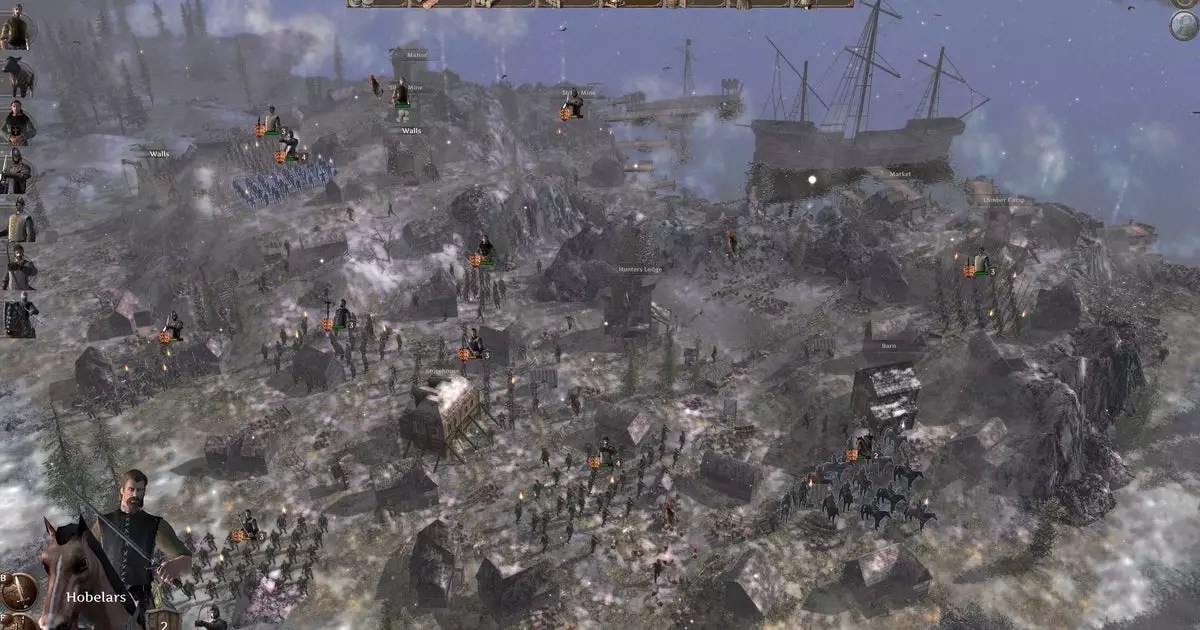The Crusades were a series of military expeditions that took place between the 11th and 13th centuries, characterized by their deeply entrenched religious motivations and political aspirations. These campaigns primarily involved Latin Christians and originated from the desire to reclaim the Holy Land from Muslim control after Jerusalem fell to the Rashidun Caliphate. The complexities of the Crusades reveal a tapestry of zealotry, cultural encounters, and brutal conflict that shaped the socio-political landscape of medieval Europe and the Near East. While to some, this epoch is a mere anecdote in history, for others, it serves as a blueprint revealing the darker aspects of human ambition and spirituality, not unlike how they have been co-opted in contemporary imaginative narratives.
The term “deus vult,” meaning “God wills it,” epitomizes the fervor of the Christian zealots who embarked on these quests. Today, this phrase has often been repurposed on social media by various groups, enhancing an anachronistic glorification of the Crusades that trivializes their historical weight. This unfortunate trend prompts a reevaluation of how we view and discuss the Crusades, as they extend far beyond the simplistic notions of good versus evil or right versus wrong. The Crusades opened avenues for intense cultural exchanges, ultimately contributing to Europe’s Renaissance.
The Impact of Crusader Fiction
The realm of video games has emerged as a pertinent platform for exploring historical events, and the Crusades are no exception. Titles like “Knights Of The Temple: Infernal Crusade” showcase the period’s allure but often do so with a lens that favors romanticized tales over nuanced history. This raises significant questions about the role of media in shaping our understanding of complex historical events. The often simplistic portrayals of knights in shining armor battling against dreaded foes can obscure the true nature of these events, which were often marred by ruthless violence and tragedy.
The upcoming game “Knights Of The Crusades,” with its ambition to immerse players in a reenactment of the First Crusade and beyond, serves as a potential case study for how history can be gamified. The developers, known for their previous contributions to the strategy genre, promise to offer a platform where players can immerse themselves in both the tactical and narrative elements of the era. However, the risk remains that such games might encourage players to lose sight of the atrocities committed during these campaigns while glorifying militaristic ambitions.
Grappling with Ethical Implications
A game that encourages players to raid territories, engage in conflicts, and impact a dynamic world undoubtedly raises ethical concerns. The portrayal of warfare, coupled with the potential glamorization of acts of aggression, can lead to troubling implications in modern society. It’s critical that developers approach such historical narratives with care to ensure they do not inadvertently glorify violence nor invite players to embrace divisive ideologies.
As newer iterations of games inspired by the Crusades come to fruition, they present an opportunity for deeper engagement with history. Rather than merely acting as a playground for historical reenactment, these titles could serve as a springboard for discussions about morality, cultural exchange, and the legacy of conflict. It’s imperative for game creators to craft stories that reflect the complexities of time, encouraging players to think critically about their in-game choices and the historical consequences.
The Broader Landscape of Historical Games
In light of the above, one must consider how valuable historical games can be when executed with sophistication. Titles like “Crusader Kings” have become a cornerstone of the genre, showcasing deep strategy while delving into political intrigue and personal narratives. However, the level of complexity can be daunting for newcomers. There needs to be more accessible means for players to engage with historical content without sacrificing depth, perhaps drawing inspiration from genres that favor storytelling over sheer strategy.
While video games might have once occupied a space primarily dedicated to entertainment, they now bear the weight of cultural and educational potential. As we navigate the murky waters of historical portrayal and memory, the challenge lies with both developers and players. How will we ultimately choose to engage with our past, and how can we ensure the lessons from epochs like the Crusades resonate in a profoundly meaningful way in our present?


Leave a Reply